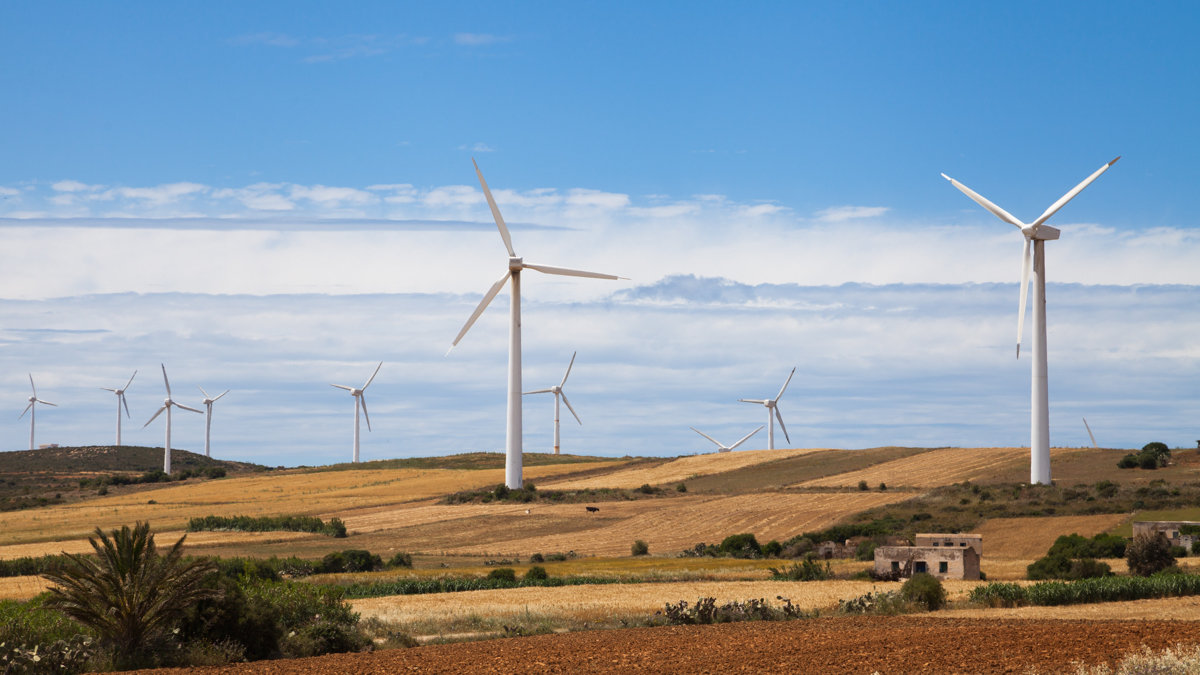
It’s been a good, if imperfect, few years for cleantech. Offshore wind closed June with record worldwide project financing, solar panels are nearly ten times cheaper than they were ten years ago, renewable power prices have dipped below coal power prices, and promising technologies from direct air carbon capture to hydrogen fuel cells have taken major steps forward. The momentum has even carried through the pandemic, as outlined in our previous posts.
Investment in cleantech has also grown steadily over the last decade, but it has largely lagged behind the industry’s rapid innovation and improving cost-competitiveness. There are plenty of reasons for that, not the least of which is that ‘cleantech’ can put a bad taste in some investors’ mouths.
It’s not surprising then that the recent surge of investments in the space – from traditional sources like venture capital to newly prominent ones like corporate ESG initiatives – has paralleled the rise of a new moniker for the cleantech category: ‘climate tech.’
What’s wrong with ‘cleantech’?
To understand investor distaste for ‘cleantech,’ we need to travel back to the 2000’s. In the breezy days of the dot-com boom, capital was flowing into emerging industries at unprecedented rates, and with companies building everything from solar roads to biofuels raising a combined $25 billion, cleantech was no exception.
Those investments, however, soon ran into some obstacles. Many cleantech investors lacked industry expertise, and they were surprised to find their investments facing regulatory and infrastructural barriers they hadn’t dealt with in other ‘hot’ industries. Those roadblocks coincided with a naturally slower path to market for energy companies – to the chagrin of VCs used to three-to-five year timelines – and competition from suddenly plummeting natural gas prices.
All of that came to a head with the 2008 financial crisis. Early and late-stage startups alike began dropping like flies, and cleantech VCs lost a quarter of the gains they’d made in the previous five years combined. Venture investments in cleantech plummeted, from $7.7 billion at the start of 2018 to just $3 billion the next year. Though cleantech has made tremendous strides since, many still carry the scars of ‘Cleantech 1.0’ to this day.
So is ‘climate tech’ just another name for cleantech?
Not exactly.
‘Cleantech’ is broadly defined as any business model or technology that reduces the negative environmental impacts of the production and consumption of resources. These technologies span a multitude of sectors, from energy, transportation, water and waste management to fashion, agriculture, consumer electronics and the built environment.
‘Climate tech,’ on the other hand, is more narrowly focused on reducing the production and atmospheric concentrations of greenhouse gases and helping communities adapt to the changing realities of the climate crisis. That includes novel and traditional technologies like carbon capture, utilization and storage (CCUS), afforestation, geoengineering, regenerative agriculture, and even coastal defense systems.
In other words, almost all climate tech is cleantech, but not all cleantech is climate tech.
Take a company making more efficient use of dwindling water resources, for example. Its positive impact on health and biodiversity fits nicely within the cleantech bucket, but it doesn’t quite meet the direct impact on emissions threshold of climate tech. On the other hand, a company capturing CO2 out of the sky and sequestering it permanently into concrete would fit neatly into both categories.
So which name should I choose to market my company?
There’s no easy answer to that one. ‘Cleantech’ is still a well-established term and utilized by many investors and startups. If your company does fit into the climate tech category however, it may be worth making the shift for investment purposes. Cleantech investors are very much aware that ‘climate tech’ fits within their scope, and adopting the new moniker just might open some previously closed doors along the way.
At the end of the day, terminology is constantly evolving. Maybe ‘climate tech’ sticks. Maybe ‘cleantech’ joins ‘green tech,’ ‘smart tech’ and ‘sustainable tech’ in the industry name graveyard. The history of this industry’s buzzwords indicate adapting could be important. Just don’t expect any changes to be the last one.
What’s your prediction for how the industry buzzword will evolve in 2021?
Want to learn more?
Learn more about Antenna Group’s approach to integrated marketing and PR for the cleantech & climate tech ecosystem.